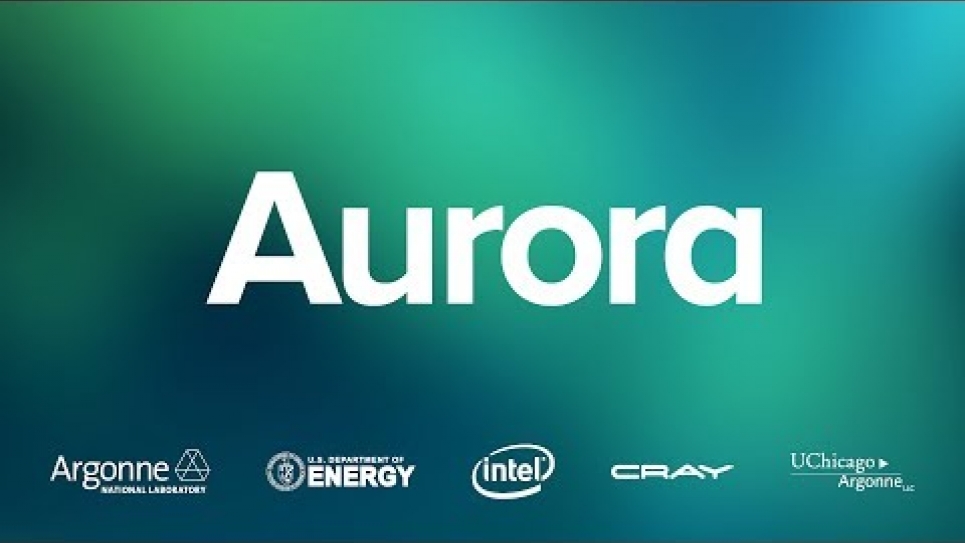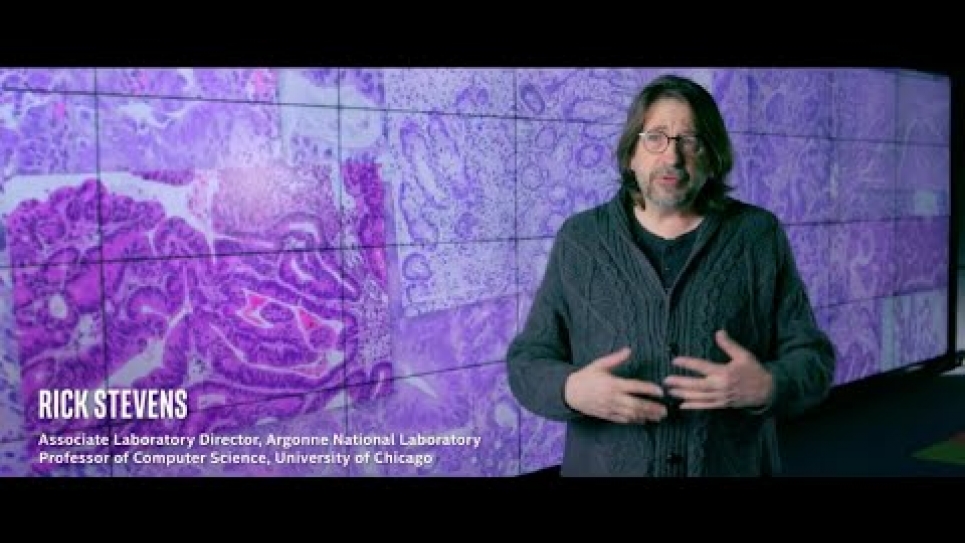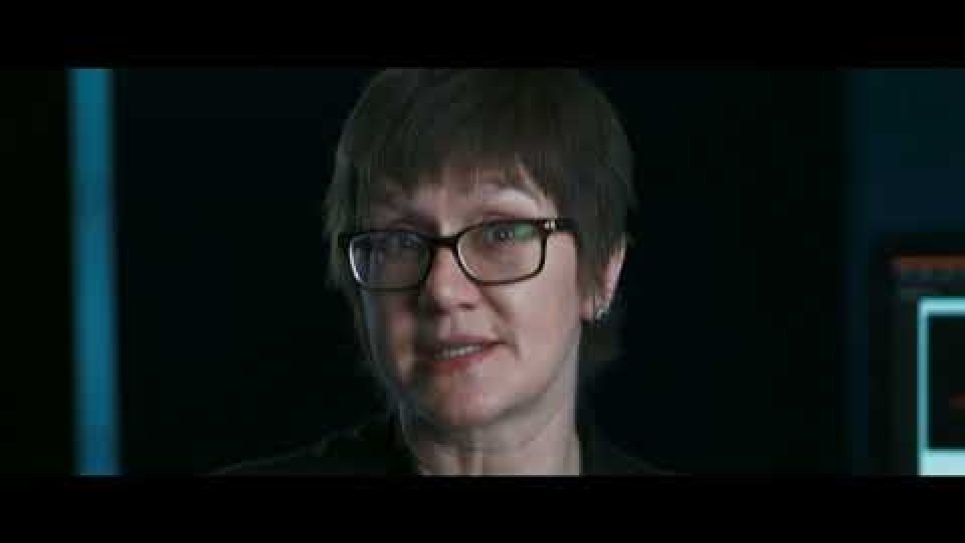





Explore our Aurora media resources to learn about the ALCF's upcoming Intel-HPE exascale supercomputer.
Additional information can be found on the following webpages:
- Aurora Early Science Program webpage
If you have questions, please contact us at media@alcf.anl.gov.





